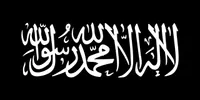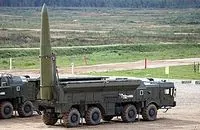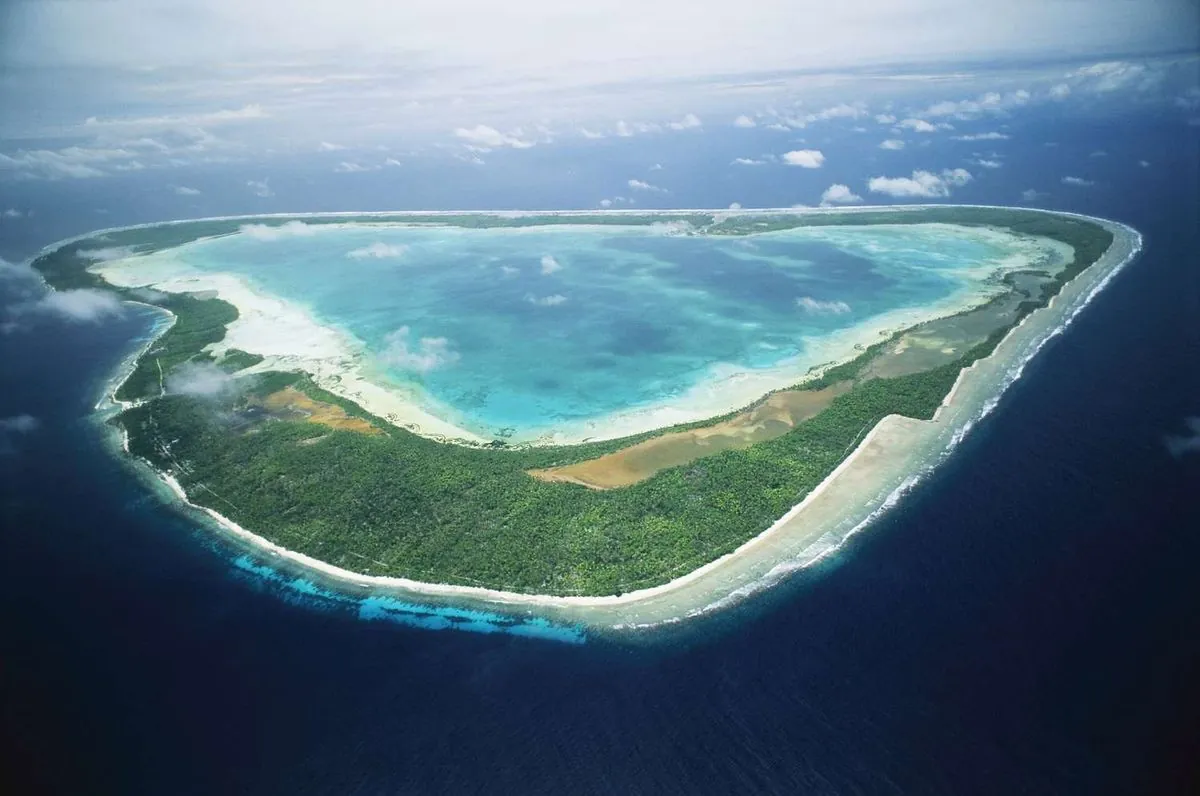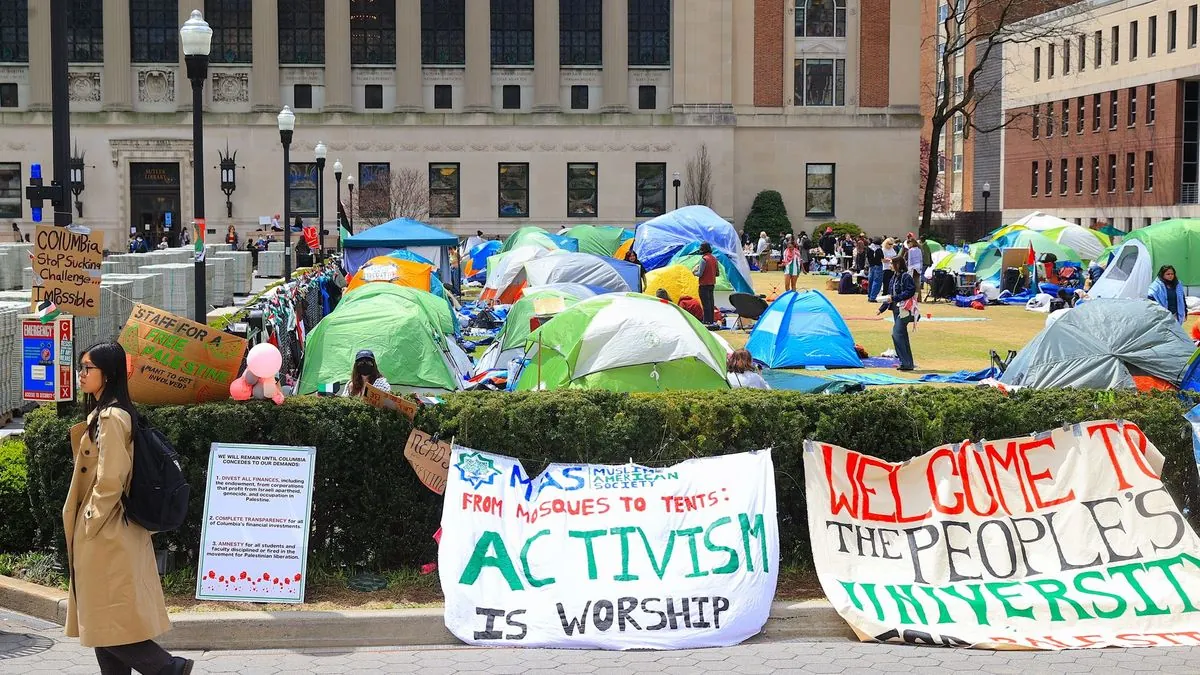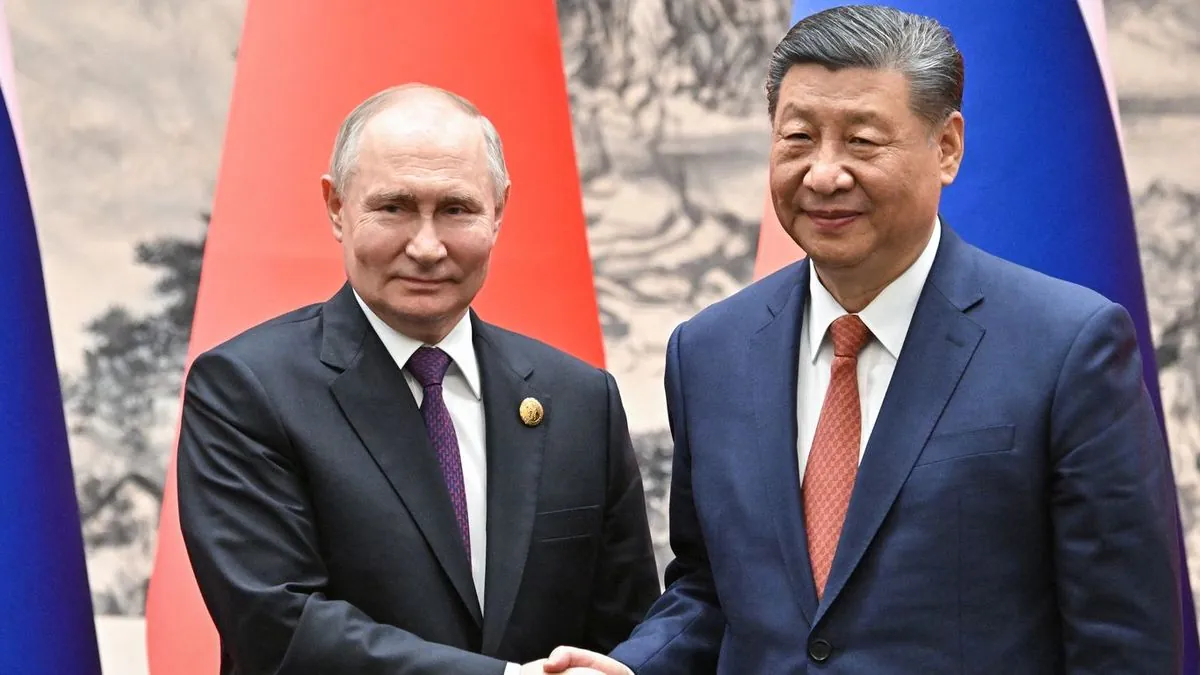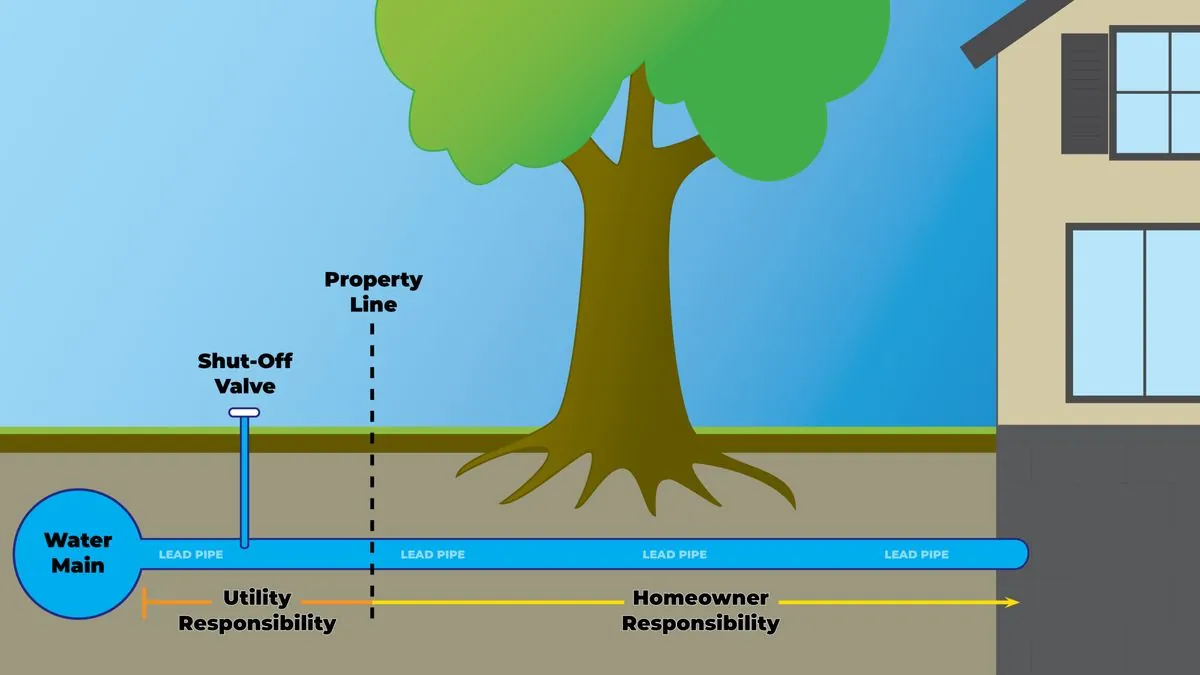Israel-Hezbollah Clash Intensifies on Hamas Attack Anniversary
Cross-border strikes escalate between Israel and Hezbollah, marking one year since Hamas attacks. Hezbollah targets Israeli settlements, while Israel strikes militant group's key facilities in Lebanon.
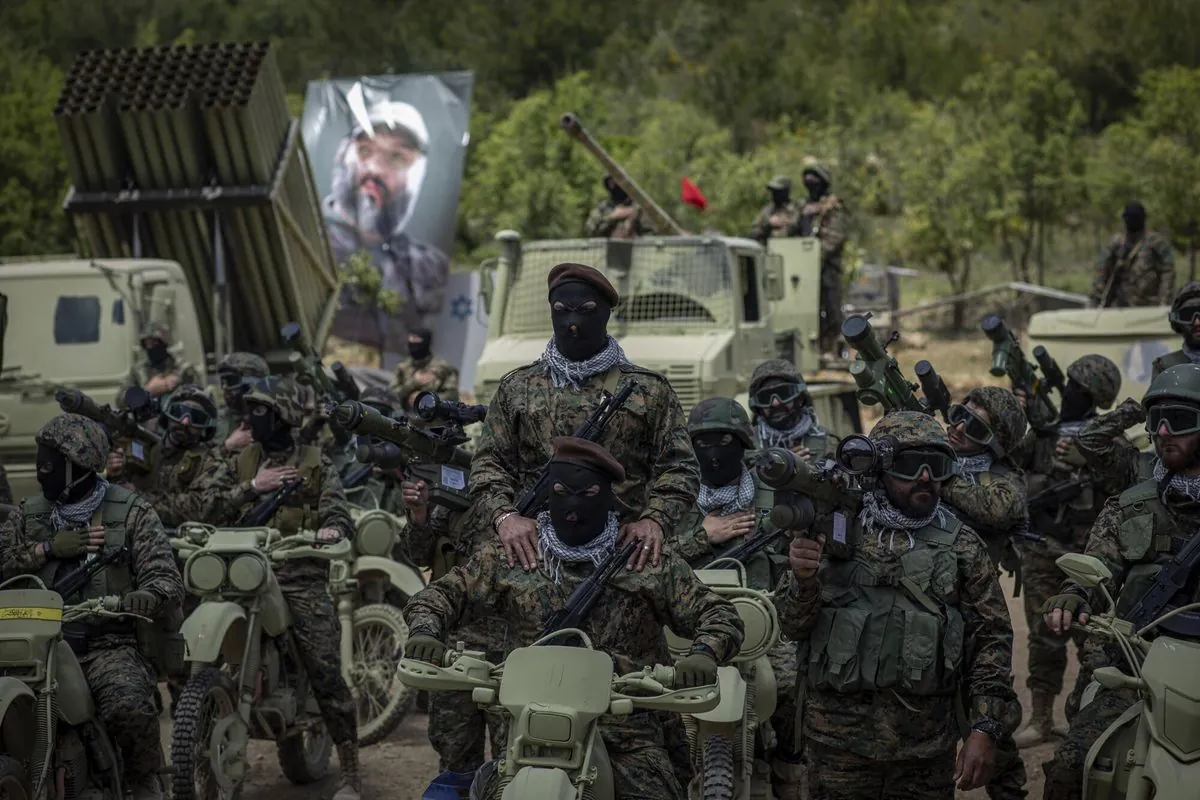
On the first anniversary of the Hamas attacks that sparked an ongoing Israeli military operation in Gaza, tensions have escalated along the Israel-Lebanon border. Hezbollah, a Lebanese Shiite Islamist political party and militant group founded in 1982, engaged in intense cross-border exchanges with Israeli forces, citing solidarity with Palestinians.
The conflict unfolded along the 120-kilometer Israel-Lebanon border, an area that has been a flashpoint in the broader Arab-Israeli conflict for decades. Lebanon's state news agency reported that Hezbollah targeted several Israeli settlements and the Glilot military base near Tel Aviv, Israel's second-largest city and economic center.
In response, the Israeli Defense Forces (IDF), established in 1948, launched a significant counteroffensive. The IDF reported striking over 70 Hezbollah targets within 24 hours, including the group's intelligence headquarters in Beirut and a weapons production facility. This escalation echoes the intensity of the 2006 Lebanon War, which lasted 34 days between Israel and Hezbollah.
The recent clashes occur against the backdrop of the ongoing Israeli military operation in Gaza, which has now entered its second year. The operation was initiated following the Hamas attacks on October 7, 2023, which were the deadliest in Israel's history. Hamas, a Palestinian Sunni-Islamic fundamentalist organization founded in 1987, operates primarily in the Gaza Strip, an area 41 kilometers long and between 6 to 12 kilometers wide.
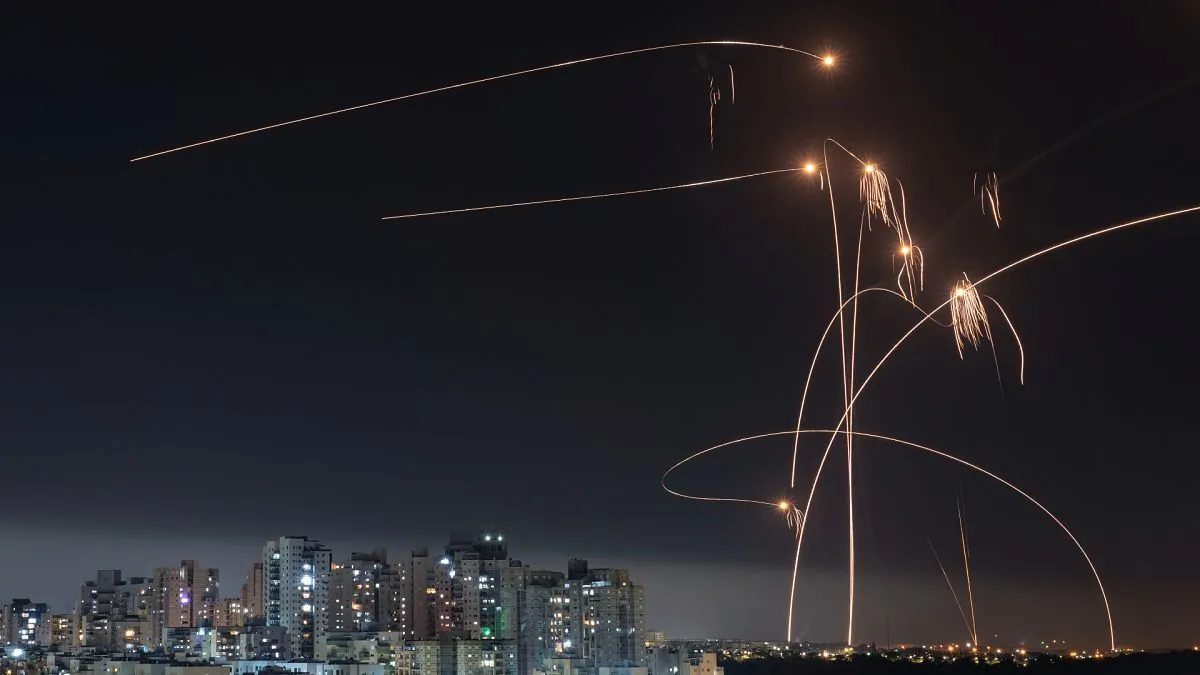
Israel's technologically advanced missile defense system, Iron Dome, has likely been active during these exchanges. Meanwhile, the United Nations, which considers Hezbollah a terrorist organization, continues to monitor the situation along the Blue Line, a border demarcation established in 2000 following Israel's withdrawal from southern Lebanon after an 18-year occupation.
Hezbollah's military wing, estimated to have 20,000-30,000 fighters, receives significant support from Iran. This backing has contributed to the group's ability to maintain a prolonged conflict with Israel. The Litani River in Lebanon has historically served as a strategic boundary in various conflicts between the two nations.
As the situation unfolds, the international community watches closely, aware of the potential for further escalation in a region where tensions have persisted since the mid-20th century. The conflict's roots extend deep into the complex history of the area, with Beirut, Lebanon's capital, boasting a history dating back more than 5,000 years.
"Our operations target Hezbollah's military infrastructure and aim to protect Israeli civilians. We will continue to respond to any threats to our national security."
The ongoing clashes serve as a stark reminder of the fragile peace in the region, with Lebanon, a country of approximately 5.5 million people as of 2024, caught in the crossfire of larger geopolitical tensions. As both sides continue to exchange fire, the prospect of a peaceful resolution remains uncertain, highlighting the enduring complexity of the Israeli-Lebanese conflict.
























